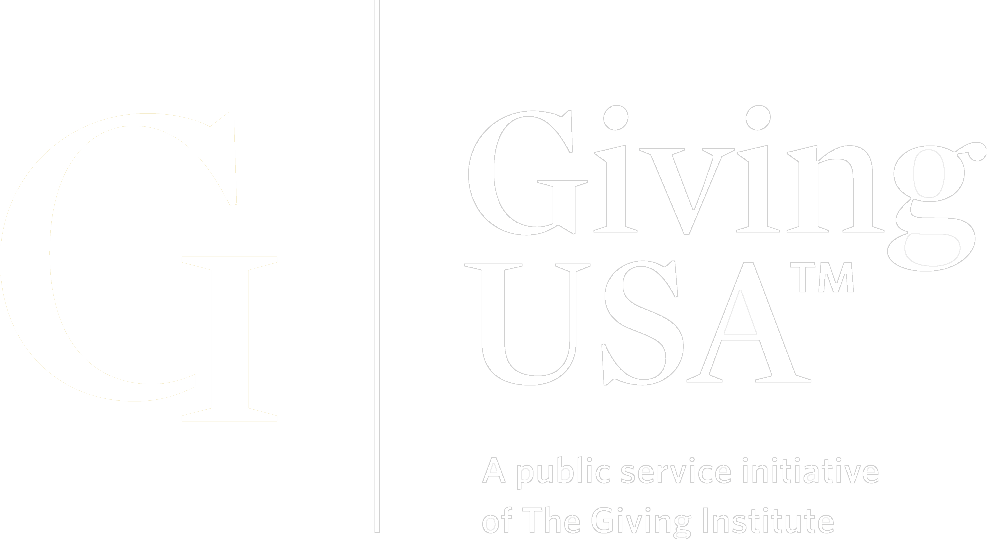
Results are based on a nationwide sample of 1,435 responding households with a net worth of $1 million or more and/or an annual household income of $200,000 or more. For the first time, the study includes a deeper analysis based on age, gender, sexual orientation and race. The Study offers comprehensive information on the charitable giving and volunteering activities of high net worth households that will apply directly to our Kansas City philanthropic endeavors.
This past June, JB+A partnered with U.S. Trust and the Indiana University Lilly Family School of Philanthropy to present Giving USA 2016:The Annual Report on Philanthropy for the Year 2015. We are pleased to continue to share valuable information that complements Giving USA data and can be used by nonprofit professionals, donors, volunteers and others interested in promoting philanthropy.
What did we learn?
The Study reveals that giving levels remain high and the future looks bright, supported by several findings:
- The vast majority are giving: Last year, 91% of high net worth households donated to charity compared to 59% of the general population of U.S. households.
- They are spreading the wealth around: on average, wealthy donors gave to eight different nonprofits last year with donors over the age of 70 giving to an average of 11 organizations.
- These households plan to give as much or more in the future: 83% of wealthy donors are planning to give as much (55%) or more (28%) in the next three years than they have in the past.
- Time is also treasure: these high net worth households also demonstrated their commitment to charitable causes through volunteering. 50% of wealthy individuals volunteered their time to charities they support. This is twice the rate of the general population (25%).
Motivations to Give
While there is an assortment of reasons motivating high net worth philanthropy, the following were cited as the top motivators for giving in 2015:
- Believing in the mission of the organization – 54%
- Believing that their gift can make a difference – 44%
- Experiencing personal satisfaction, enjoyment or fulfillment – 39%
- Supporting the same causes annually – 36%
- Giving back to the community – 27%
Only 18% of the respondents cited tax advantages among their top motivations for giving compared with 34% who cited this as a motivation in 2013.
What do high net worth donors want?
Donors have strong feelings about how their donation should be used. They feel that nonprofit organizations should:
- Limit the amount of the individual’s donation that is spent on general administrative and fundraising expenses – 89%
- Demonstrate sound business and operational practices – 89%
- Acknowledge donations by providing a receipt for tax purposes – 88%
- Not distribute their names to others – 84%
- Send a thank you note – 61%
“This year’s Study reinforces that our wealthiest donors are engaged, willing and eager to give,” says Jeffrey Byrne, President + CEO of Jeffrey Byrne + Associates, Inc. “with nearly half the wealthy individuals surveyed indicating that charitable giving has the greatest potential for impact on society, it is up to us – the fundraisers and nonprofit professionals – to connect, cultivate and steward these individuals.”
The study also highlighted several key findings regarding volunteerism amongst high net worth individuals.
“A significant finding from this year’s study is the correlation between volunteerism and giving” said Lewis Gregory, CAP, Senior Vice President, Institutional and Private Client Advisor for U.S. Trust in Kansas City. “A high percentage of wealthy individuals give financially to the organizations with which they volunteer. They also give 56% more on average than those who do not volunteer. I hope this inspires nonprofits to appreciate and cultivate their volunteers on a whole new level.”
Other Key Takeaways
And the winner is: basic needs organizations. While many of the nonprofit subsectors benefited from increased contributions from high net worth donors in 2015, basic needs was the clear front runner.
- 63% of high net worth households gave to basic needs organizations
- Religion received the largest share of dollars (36%) – more than basic needs (28%), higher education (8%), health (7%) or the arts (5%).
- The highest share of high net worth households also prioritized education as the most important current policy issue (56%) ahead of poverty (34.6%) and healthcare (33.8%).
- New research: There’s no better time than election season to study the political giving behavior of high net worth individuals. The study found:
- One out of four wealthy individuals contributed to a political candidate in 2015 or planned to do so in the 2016 election cycle
- Donors over the age of 70 (40%) and LGBT individuals (38%) were more likely to give to a political candidate or campaign
- The top three public policy issues that matter most to wealthy individuals are health care (29%), education (28%) and national security (27%), closely followed by the economy (26%)
To access the full 90-page report, visit www.ustrust.com/philanthropy.


